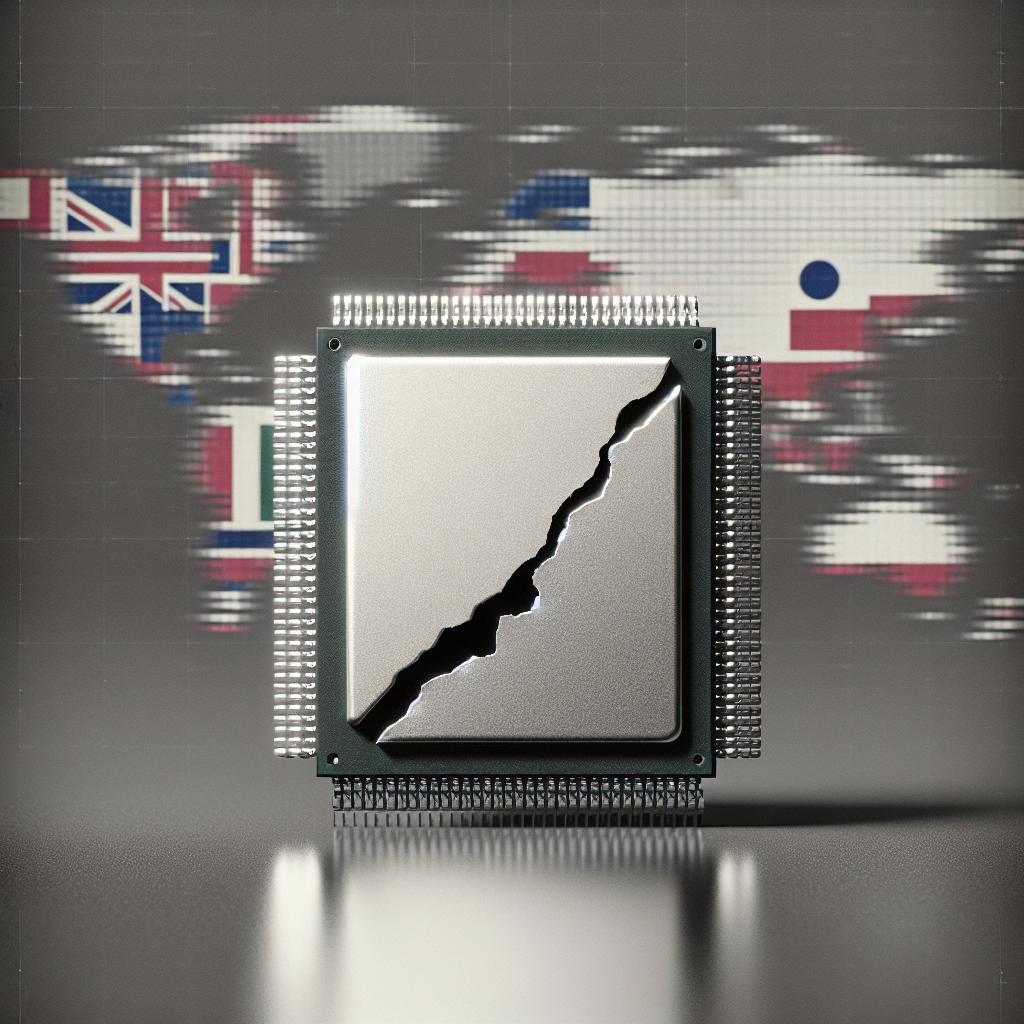South Korea is experiencing a productivity boost from artificial intelligence, but tensions between the U.S. and China over semiconductor chips could pose a challenge to its growth, according to Bank of America analysts.
The semiconductor industry represents 17% of South Korea’s exports and has been a significant beneficiary of the AI boom, with exports increasing over 50% year-over-year. Bank of America Global Research indicates that South Korea’s substantial investment in AI research and development, along with a growing number of AI-related patents, will likely enhance its position in AI adoption in the long run.
However, potential geopolitical tensions, particularly between the U.S. and China, could impact the supply chain for semiconductors, which are vital for AI growth in South Korea. Although South Korea has diversified its chip exports beyond China, more than 30% of its chip exports still went to China and Hong Kong in 2023, and chip exports to the U.S. were similarly significant.
Bank of America analysts warn that escalating geopolitical tensions and additional trade restrictions by the U.S. on AI-related chip exports to China could significantly undermine Korea’s memory semiconductor exports. Moreover, South Korean chip manufacturers depend on China for certain components and equipment. Disruptions in this supply chain could make it difficult for South Korean companies to procure the necessary tools for chip production.
Reports suggest that the U.S. has asked South Korea to limit exports to China of equipment and technology used in producing advanced memory and logic chips. South Korean officials are reportedly considering this request due to potential impacts on major companies like Samsung and SK Hynix, which have operations in China.
Additionally, the Biden administration is reportedly contemplating applying an export control called the foreign direct product rule on allies that continue selling chipmaking tools and equipment to China. This rule would restrict the export of goods to any country if they are manufactured with a certain percentage of U.S. intellectual property components.
